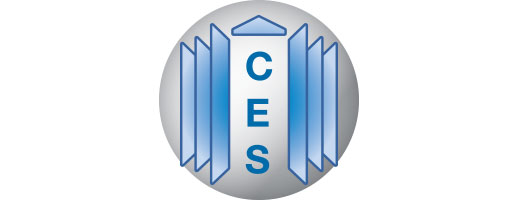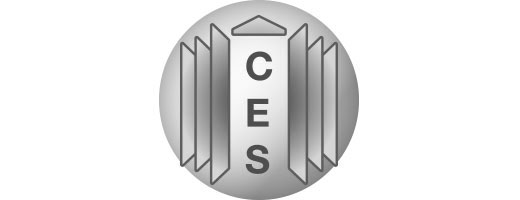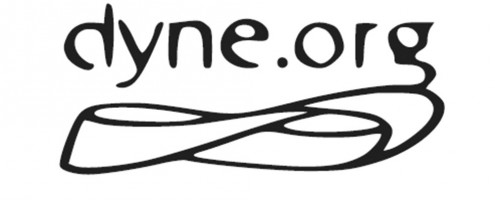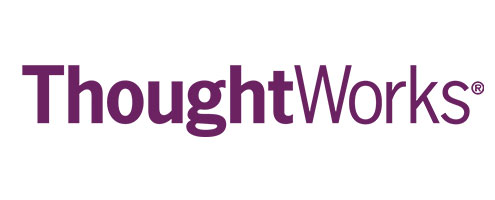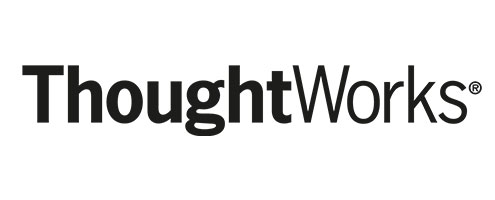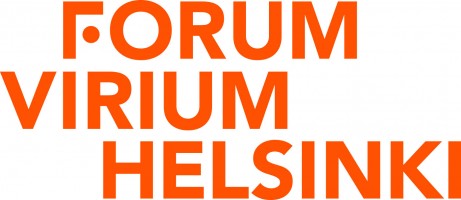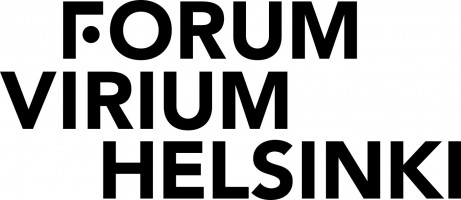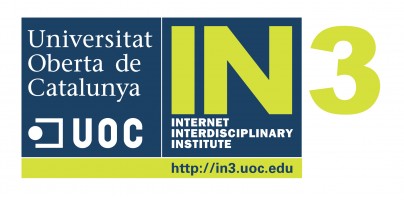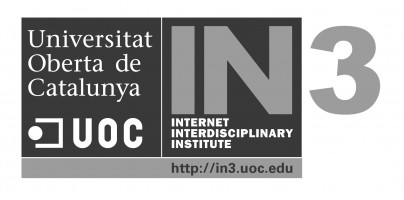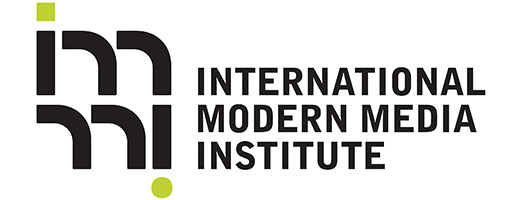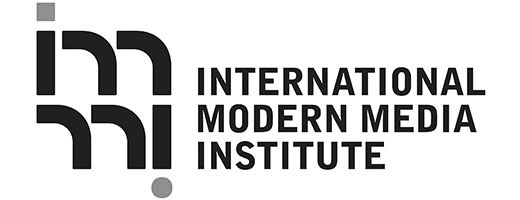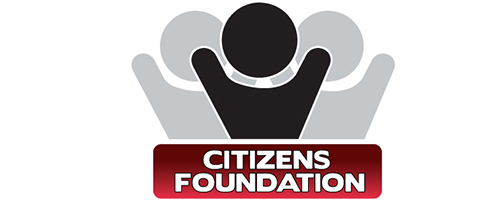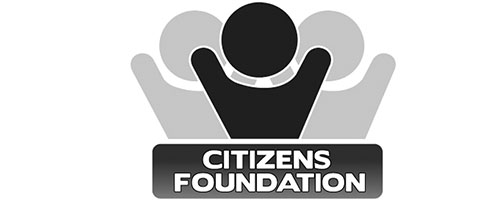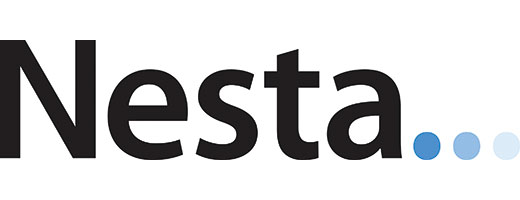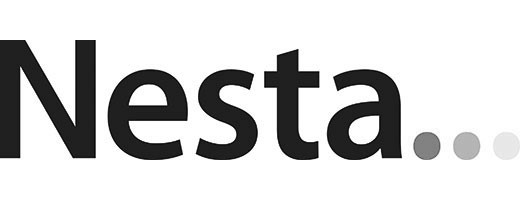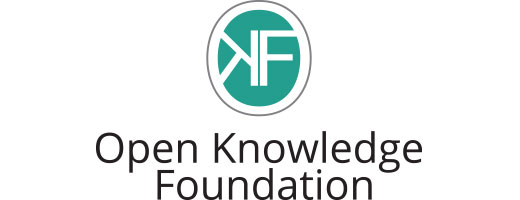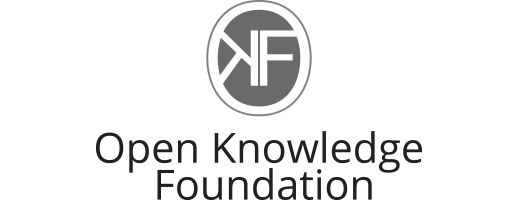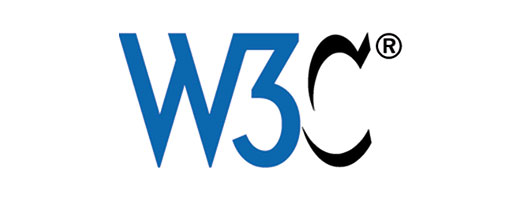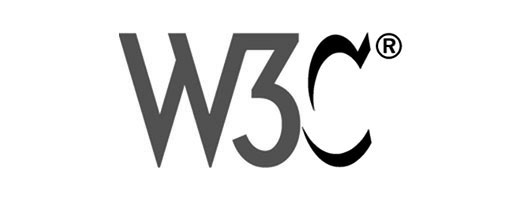On the 8th – 14th of February D-CENT partners travelled to Barcelona, Spain, for a workshop organized by the partner University of Catalunya (UOC). The six-day session involved intensive meetings with local communities, drawing tech visions and sharing experiences.
In Spain, our goal was to understand the local context better and explore overlaps and common user needs that came up in Reykjavik. We also wanted to create hypotheses and use-case scenarios for the Spanish context and begin testing these hypotheses to arrive at an initial MVP (“Minimal Viable Product”), meaning a feature or application which would instantly benefit the communities.
Getting acquainted
The first day in Barcelona consisted of introductions and setting of the workshop objectives. At the second day, we had a meeting with representatives from a large number of relevant user communities, such as 15M nodes, national campaign group PAH and other activist groups and citizens.
The local Spanish groups explained their main activities and objectives, and shared their stories and experiences of frustrations experienced with existing digital tools.
Tech design and interviews
During the third day, the team discussed D-CENT architecture and design. We also started the in-depth interviews with the local communities. The day four followed with more technical discussion, especially in relation to the MVPs. User hypotheses were developed and further interviews took place, feeding directly into a simultaneous discussion and decision-making on an initial MVP for the Spanish context.
Drawing conclusions
With local alternative currency groups, it was decided to set up online questionnaires to be put to their wider communities. These will be used to gather data related to the concrete practices and frustrations people might be experiencing. It will also tap into communities’ ability to use, distribute or employ resources and find out the broader outlook on the role of money in their practices.
The fifth day consisted of collating and drawing conclusions from interviews, refining hypotheses and further developing user-profiles and use-case scenarios. A set of metrics was agreed on in order to test the MVP. There was also final round of in-depth interviews. When reaching the final day, the Barcelona workshop was closed with an overall discussion and (re)creating a shared vision together.



